Tooth pain is a complaint that almost everyone experiences at least once in their life, arising from various causes. Affecting the quality of life, tooth pain can manifest in different forms, from a slight sensitivity to an unbearable ache. It can be caused by a wide range of factors, including cavities, infections, gum diseases, and sinus problems. If not properly assessed and treated, tooth pain can lead to more serious issues.
What Are the Causes of Tooth Pain?
- Gum Inflammation: Gingivitis (gum inflammation) and periodontitis (gum disease) can cause sensitivity and pain around the tooth roots. Gum recession can expose the tooth roots, increasing sensitivity to hot and cold. Furthermore, the progression of gum diseases can affect the bone tissue that supports the teeth, leading to tooth loss.
- Cavities: One of the most common causes of tooth pain. As tooth decay progresses, the layers beneath the enamel become exposed, affecting the nerve tissue and causing pain.
- Trauma to the Tooth: A blow or trauma to a tooth can damage the tooth root and nerves, leading to pain.
- Teeth Grinding and Clenching: Prolonged teeth grinding and clenching can damage the enamel and lead to pain over time.
- Teething: Emerging teeth can cause pain and sensitivity. Additionally, impacted teeth can also cause discomfort.
- Pain Related to Dental Restorations: Pain can occur due to issues like loose fillings or ill-fitting crowns.
For a proper diagnosis of the pain’s cause, it’s essential to visit a dentist.
Solutions for Tooth Pain
The only way to permanently relieve tooth pain is through a dental examination and the subsequent treatment provided by your dentist. However, in situations where pain occurs suddenly and visiting the doctor isn’t immediately possible, temporary solutions may be used.
One such solution is gargling with saltwater. Since saltwater is a natural antiseptic, it can reduce inflammation and alleviate pain.
In cases of trauma and swelling, cold compresses can be applied. These should be applied for about 10-15 minutes, with breaks in between.
Clove oil also has antiseptic properties and acts as a natural painkiller by numbing the area. It can be used by applying it on a cotton swab or adding a few drops to water for gargling.
Maintaining oral hygiene, cleaning with dental floss, and brushing gently, along with an antibacterial mouthwash, can help reduce pain.
These methods provide temporary relief. However, if the tooth pain persists or intensifies, you should consult a dentist.
Tooth Pain Treatments
To determine the proper treatment method for tooth pain, it’s crucial to first identify the source of the pain. The treatment process can range from simple procedures, such as filling a cavity, to more advanced interventions, such as root canal treatment or tooth extraction.
You can provide your dentist with information about where the pain is located, how long it has been present, its intensity, and its persistence. Diagnosis can be made through examination and X-ray imaging to check for trauma, infection, or other issues.
- Filling Treatment: For tooth pain caused by cavities, fillings are often used. The decayed portion of the tooth is cleaned, and the resulting cavity is filled with special filling materials, restoring the tooth’s natural structure.
- Root Canal Treatment: If the decay has reached the nerve tissue (pulp), a root canal may be required. In this treatment, the infected or damaged nerve tissue inside the tooth is removed, the canal is cleaned, and filled with a special material. Root canal treatment is an effective method for saving a tooth without extraction.
- Tooth Extraction: For teeth that are too damaged or infected to be saved, extraction may be necessary. Tooth extraction not only completely eliminates the pain but also prevents the spread of infection. After extraction, your dentist may discuss options for treatments such as implants or bridge prostheses.
- Orthodontics: If misalignment and crowding of the teeth are causing pain, orthodontic treatment may be required. There are various orthodontic treatment options available to reposition the teeth correctly.
- Bruxism Treatment: The most common solution for pain caused by teeth grinding and clenching is a night guard. Botox treatment and therapies targeting the jaw muscles can also be considered based on your needs.
How to Prevent Tooth Pain?
The most effective way to prevent tooth pain is proper oral hygiene. This includes brushing your teeth for two minutes, twice a day, and using dental floss.
Avoiding sugary and acidic foods helps protect the enamel layer of your teeth.
Regular dental checkups allow early detection of dental problems, such as cavities that may not yet show symptoms. If you experience persistent sensitivity, gum bleeding, or pain, don’t ignore it and make sure to visit your dentist to prevent further progression of dental and gum diseases.


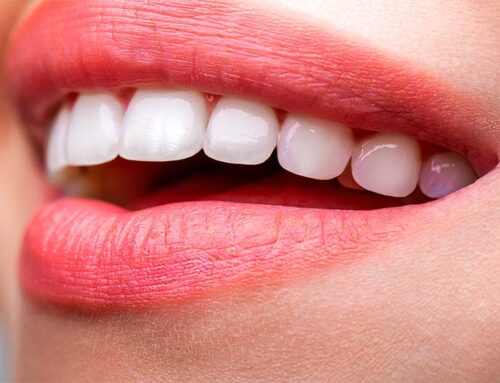
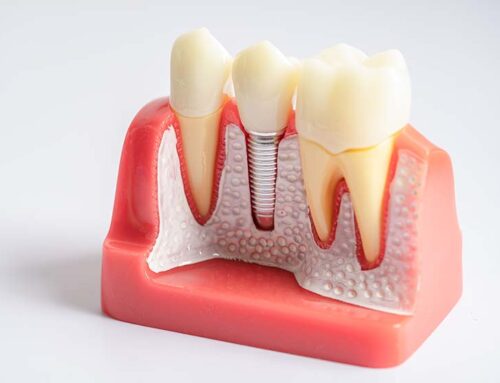
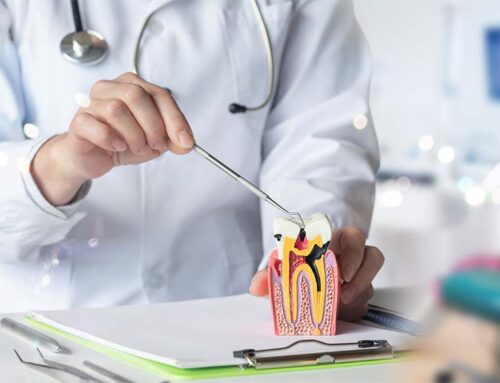
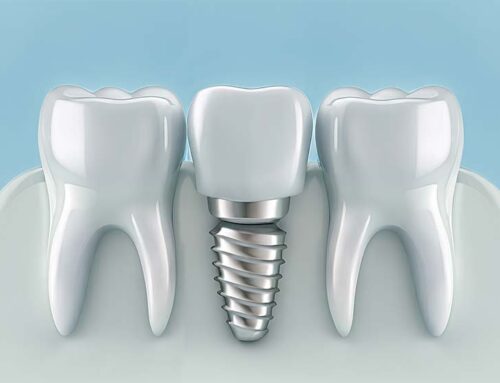
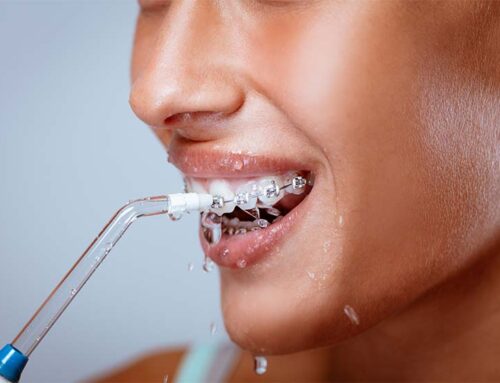
Leave A Comment